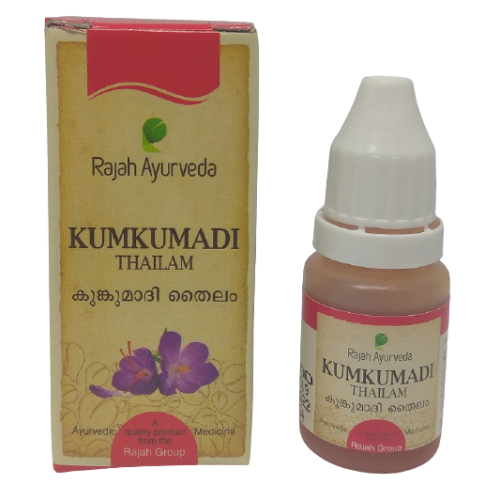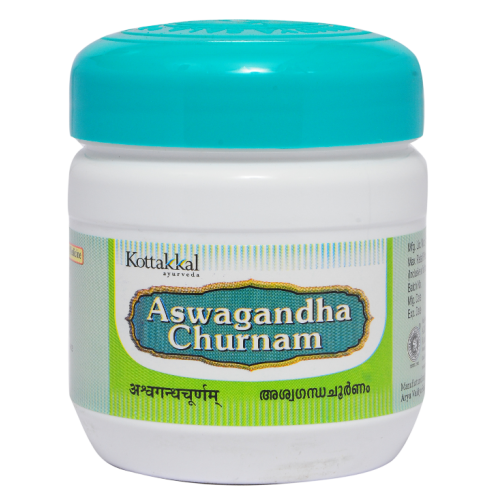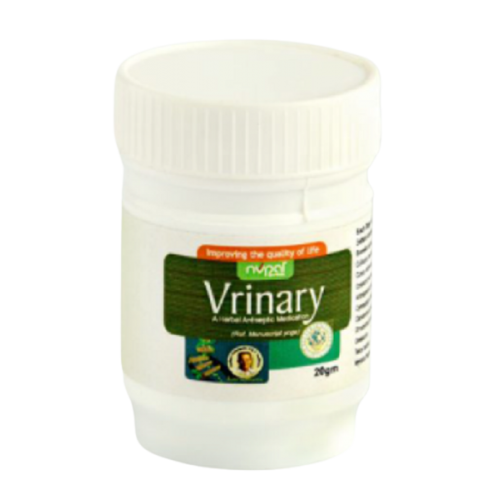In our fast-paced lives, finding ways to enhance our well-being naturally has become increasingly essential. Ayurveda, the ancient science of life and wellness, offers a treasure trove of remedies rooted in nature. One way to embrace Ayurveda’s wisdom is by growing your own Ayurvedic herb garden right at home. Not only do these herbs add a touch of green to your surroundings, but they also provide a range of medicinal and culinary benefits. In this blog, we present the top 10 Ayurvedic herbs that you can easily cultivate in your home garden, enriching your life with health and flavor.

1. Tulsi (Holy Basil): Tulsi is considered the “queen of herbs” in Ayurveda. Its potent antibacterial, antiviral, and adaptogenic properties make it a go-to for combating stress, boosting immunity, and promoting respiratory health. Enjoy its soothing tea or add fresh leaves to dishes for a burst of flavor.
2. Ashwagandha: Known as Indian ginseng, Ashwagandha is an adaptogenic herb that helps the body adapt to stress. It’s revered for its rejuvenating effects on the nervous system, enhancing energy levels, and supporting hormonal balance.
3. Turmeric: The golden spice Turmeric is a powerhouse of anti-inflammatory and antioxidant properties. It supports joint health, aids digestion, and can be used to create the famous “Golden Milk” for a warming beverage.
4. Aloe Vera: Aloe Vera’s cooling nature makes it perfect for skin ailments, burns, and digestion issues. Harvest the gel from the leaves and apply topically or consume it to benefit from its healing properties.
5. Mint: Mint is a refreshing herb with digestive benefits. It’s used in teas, chutneys, and dishes to enhance flavor and ease digestion.
6. Cilantro (Coriander): Cilantro is a versatile herb that aids digestion, detoxifies the body, and adds a vibrant flavor to dishes. Both the leaves and seeds are used in various culinary preparations.
7. Brahmi: Brahmi is a memory-enhancing herb that supports cognitive function and reduces stress and anxiety. It can be consumed in powdered form or used to make infused oil for head massages.
8. Lemongrass: Lemongrass offers a citrusy flavor and is known for its digestive and calming properties. It’s commonly used in teas and aromatic dishes.
9. Neem: Neem is a bitter herb with powerful antibacterial and antifungal properties. It’s used to promote healthy skin, oral hygiene, and overall detoxification.
10. Curry Leaves: Curry leaves add a distinct flavor to South Asian dishes and offer digestive benefits. They are rich in antioxidants and can aid in managing diabetes.

Incorporating these Ayurvedic herbs into your garden not only connects you with nature’s healing bounty but also empowers you to take charge of your well-being. However, it’s crucial to remember that while Ayurvedic herbs can be incredibly beneficial, consulting a physician or doctor before integrating them into your routine is wise, especially if you have underlying health conditions or are on medication.
For those looking to explore a wide range of Ayurvedic products, Ayurvedic Mall is a valuable resource. Visit Ayurvedic Mall to discover a plethora of authentic Ayurvedic products that align with your holistic wellness journey.
As you embark on this aromatic and medicinal adventure with your Ayurvedic herb garden, embrace the age-old wisdom of Ayurveda and enjoy the abundant health benefits it offers. Remember, your garden is not just a collection of herbs; it’s a sanctuary of well-being nurtured by nature’s loving touch.



